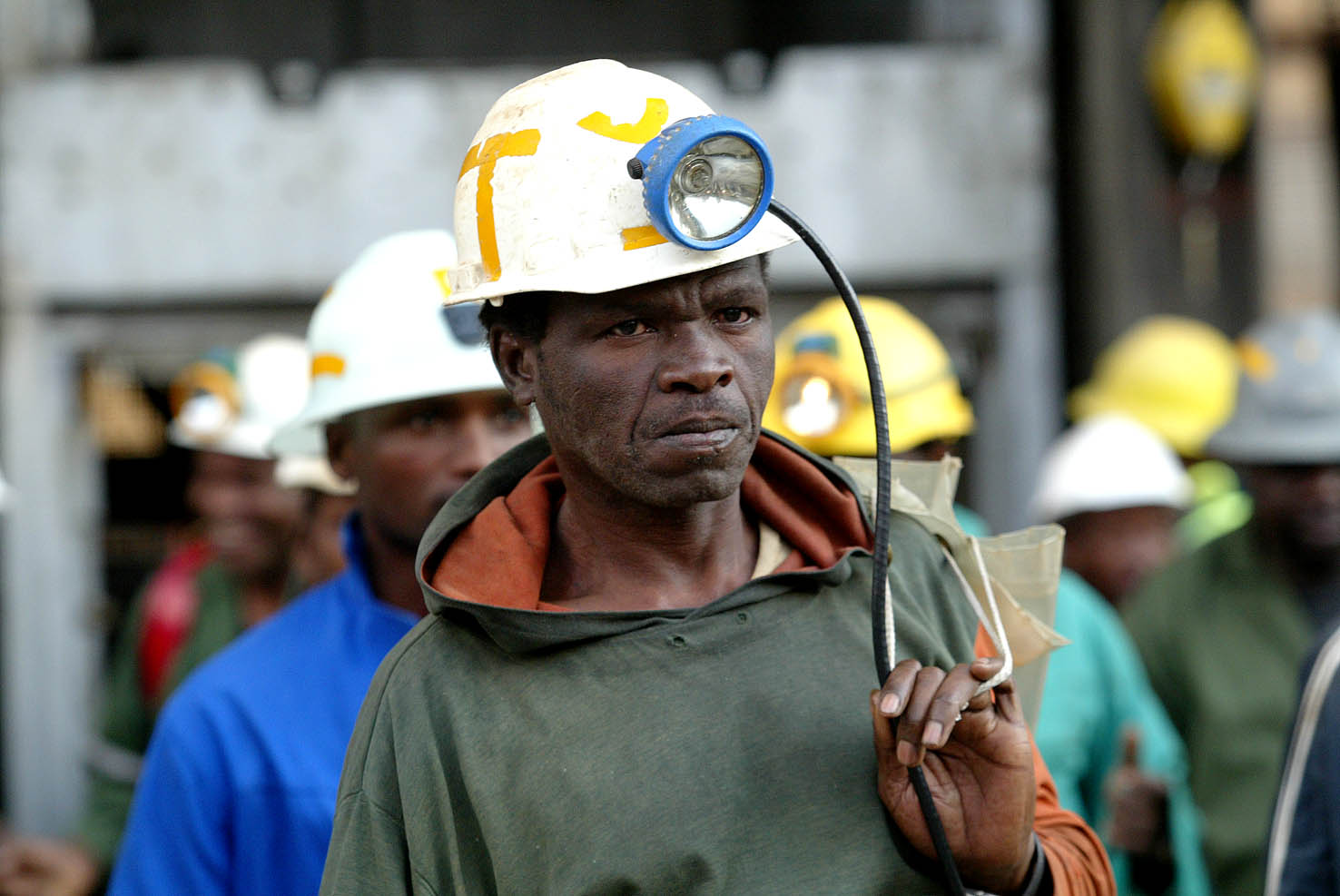We all know that politicians twist words to suit occasion, but the use of nationalisation is the most egregious yet.
At times, nationalisation is taken to mean state intervention, for instance by setting up new companies, though that is not the general meaning.
My friend Steven Friedman has argued that the ANCYL specifically means selective nationalisation which would make some people richer by taking dud assets off their hands.
However, when used by the youth league president at rallies it means “expropriation of private property without compensation”
Most of the time I see Julius Malema in the same light as Hayibo.com, whose latest take on his hate speech is sharper than much serious political commentary.
I think, however, we had better take seriously the threat to nationalise, because if it takes root in the consciousness of ordinary people, they may not be appeased if it translates simply into buying off the youth league leadership. Ideas are powerful, as JM Keynes pointed out.
Anyway, the youth league (or rather, whoever wrote their position paper on nationalisation) intends for a state mining company to acquire less than 100%, but it is almost categorical about controlling stakes ie 50% plus, certainly for any new ventures.
In one part it does mention the possibility of 50-50 ownership, as in Botswana’s Debswana diamond mining operation, but mostly it’s more, and even 60% is mentioned at one point.
Why 50% plus? Why not, say, 40%, or even 49%? What is the magic about 50% plus? State control is clearly the aim.
To understand the youth league’s support of nationalisation you have to look at our nearest and dearest neighbour, Zimbabwe. There the policy is for foreign-owned companies to hand over (there’s no talk of willing buyers and sellers) 51% to black Zimbabweans.
For those with long memories a demand for South African mining companies to part with 51% in a draft Mining Charter in 2002 caused a massive outflow of investment from the stock exchange and led to a major PR exercise by both government and mining sector to repair the damage to our reputation as a safe investment destination.
Getting a stake of 51% or 50% plus one share is effectively the same as outright nationalisation, because one shareholder now controls the company. All the other shareholders are, even if they weren’t before, minority shareholders. The new shareholder can put in its own board and make all the important decisions, to the possible detriment of the minorities.
The youth league proposal would still mean compensation, because South Africa has signed international treaties to this effect. And it would be disastrous. The league talks of some kind of patriotic resistance to the backlash, but manning the barricades won’t help against capital’s biggest weapon, disinvestment and no new investment. Again, we should learn from history. We don’t want the multinationals to leave, even if some of them are South African companies who moved overseas to hedge their bets (and nationalisation would, in the eyes of their shareholders, vindicate those decisions).
We need to continue to be able to access foreign money (and expertise and access to supply chains and markets). It’s really that simple.
Nationalisation is not a bad thing inherently. Nationalisation has always been a policy option in South Africa, along with privatisation, but interestingly, in the years since independence South Africa has nationalised nothing at all, except to buy back stakes in privatised companies from departing investors.
We can also learn from what I have called the laboratory of bad policy across the border. The Zimbabwean government’s attempt to do the equivalent to foreign-owned businesses that it did to white farmers in its famous land grab is likely to be as damaging.
A while back, before I became tired of being incensed by the human-rights abuses and economic destruction that forced many Zimbabweans I have met to flee their country, I thought we should mount a sanctions and disinvestment campaign against Zimbabwe, of the kind that helped end apartheid. I felt that South African companies should not be operating in a country with a government so disdainful of its citizens’ desire for true democracy.
It seems that the Zimbabwean government has beaten me to it. There is no need for a disinvestment campaign when Zimbabwe is effectively telling foreign companies to leave. Already, it has reintroduced currency controls to avert a cash shortage. Again though, the proponents of the move might not be serious about 51%, but may just be using this as a threat to divert lesser but lucrative ownership stakes to the politically connected.
The youth league leadership, or its political backers, may not be serious about 50% plus stakes either, and may also simply be using this to extract greater concessions on BEE stakes from the shareholders of mining companies. In both cases, the damage being done to investor confidence is serious.



